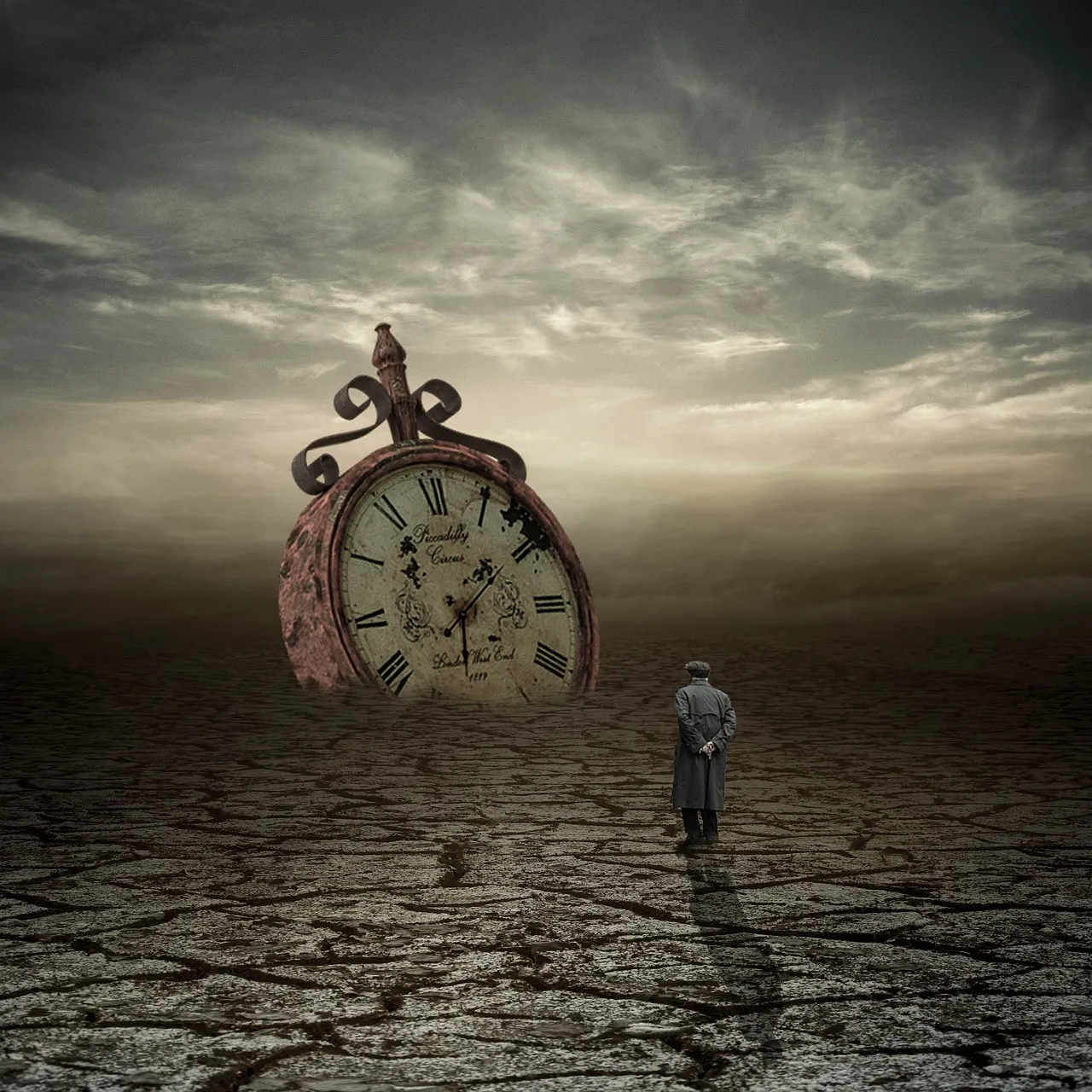The Ink Well was certainly tricky this week, throwing out the prompt 'lens'. I'll be honest and say I've been turning this one over in my mind, and had thought to go down a mise-en-abyme pathway, but settled into something far more familiar to me - A Modernist Lens.
Modernism, as a movement, took off I suppose around 1910-1920, propelled by the war and perceptions that society was becoming increasingly disjointed and impersonal. To my mate @agmoore, you'll notice I got away with one Shakespearean allusion this week, and unlike Macbeth, no body count - although, Modernists might say we're all a body count that may as well have happened by now!
For those T.S Eliot lovers out there, I'll apologise in advance, the evoking of a master writer is certainly not a task for the faint hearted, and this piece came together way too quickly that I'm sure it's not quite right. For those not familiar with Eliot or Modernism, Eliot liked to describe people as body parts to remove any sense of relationship, offering instead social disintegration and isolation. He also was very much about language play, where the intention was to confront and confuse the reader. He also was very much about subverting expectations about form, and I hope I was able to achieve this goal.
I suppose, all that's left to say, is 'Enjoy'.
At four and five and six o'clock
The Winter evening settles down
He stepped into the puddled street. His shoe, muddied, tapped a beat. The clock ticked quietly and the wind blew – but did he feel the cold? The stale smell of beer hid in the alleyways, as windows were lighting up. Lighting up for what? The cobbles kept the tap-tap-tap and the men and women passed each other’s faces. Blank faces, bearded faces; the clock face spoke six o’clock.
Steak smells wafted. The leaves blew – it was a gusty storm that wrapped the street, the muddied street, and as lights lit up the windows, the blinds were drawn. But drawn where? Did the eyes that followed the drawing blinds see the faces that seen the clock? The tapping beat. The shoe with mud.
He stopped in front the vacant lot – he stopped, he stared at six o’clock. The wet and wind, the gusted leaves drew him to that spot. The newspaper, a day old, old news, a day gone by and now discarded, shouted, ‘The day is old and I am discarded’, and then it started. The wind again, the rain blew in. The stale smell of beer hid his distaste for the world about his feet.
The morning comes to consciousness
But what is it conscious of? Was it conscious of the personification, the subjective description which implies a drunk stupor? Why, the morning would wonder, was the new dawn not celebrated? Not adorned with images of optimism and oranges? As the morning was left to its wondering, he rose.
He rose, but not a rose by any other name, nor smelling as sweet. He groaned. It was a groan of something more or nothing less. Not committed to groaning, nor committed to silence. His masquerade was about to start, and it was the coffee stand which would provide the mask.
He pressed his feet into the beat, the tap-tap-tap of the muddy street. Hands were seen by all the windows drawing up the blinds.
Not welcoming the sun, but accepting it. A convenience to turn off the lights.
You tossed a blanket from the bed
You took the chance to think out loud. You uttered, you stuttered, you muttered. The utterance that you chose to mutter came out slightly slurred. You grasped your feet, you closed your eyes, you had a vision of the street.
A windy street, a street with mud. A street with faces; a masquerade. A man, a vacant lot, repeated over and over and then the clock struck six o’clock and the gusty breeze unveiled the paper: Yesterday’s news, tomorrow’s news, but when was it today? The vision blurred, the senses snuffed; steak and stale beer.
You ran your hands, your soiled hands, gently through your hair. You hear the street behind your blind, the conscious morning draws your mind. Your grasped feet loosen, you hear your utterance. Where was your mask to hide?
His soul stretched tight across the sky
The day unfurled and the coffee gave way. He paused. A reflective sigh which signalled thought. A thought of the day that was, which was tomorrow. He stood, at four and five and six o’clock. The day was done, and the news was old. He moved his feet to the street below. Muddied with filth, the day indifferent to the passing faces that he met.
Assured of certain certainties, he drew his eyes to the drawing of the blinds – not afraid that he would miss – miss the hands that touched the dirty blinds to close in the light; the muffled light which hid behind the drawing of the blinds.
He wiped his hand across his mouth and laughed, drawing to the vacant lot, the same old spot, where six o’clock would pass.

